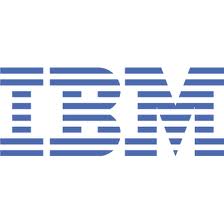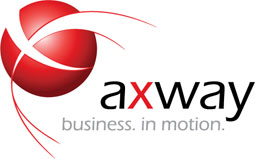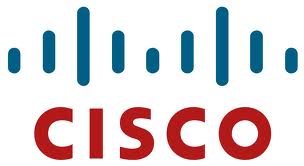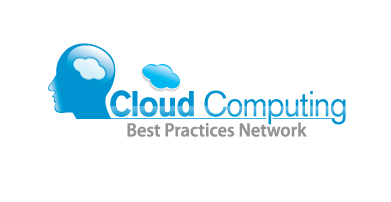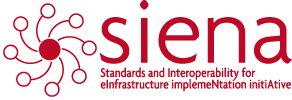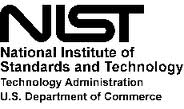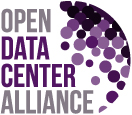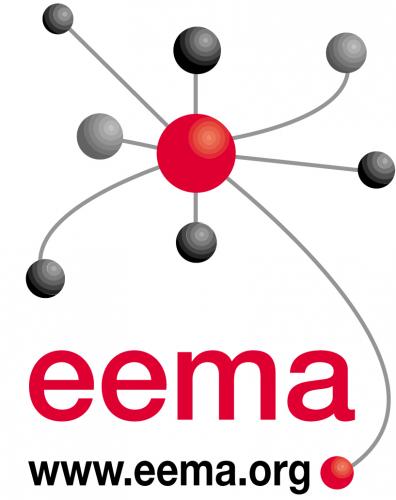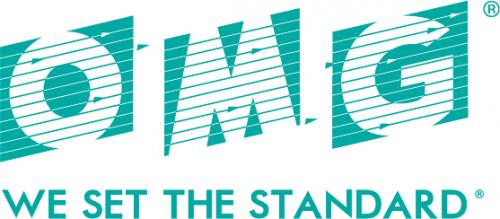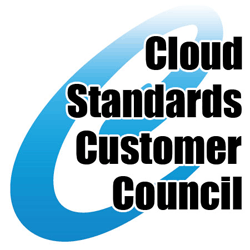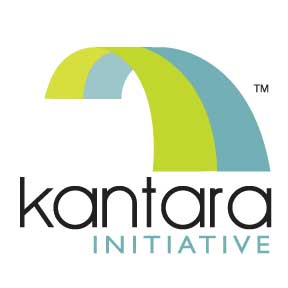About the Symposium
Cloud computing is predicted to revolutionize the way governments and organizations implement their information systems and applications. The cloud enables better IT resource optimization, virtually unlimited scalability and greater flexibility all at a contained cost. Especially in developing countries, cloud computing offers the potential to spur economic growth and entrepreneurship by reducing the cost of IT.
Yet still both the public and private sectors face a number of concerns and barriers to full cloud deployment. Trust, at the core of these concerns, is identified as a critical component to allow cloud computing to reach its greatest potential.
The good news is that there is a growing understanding of the specific issues that need to be tackled to ensure a greater trust in the cloud. Solutions for security, privacy, governance, interoperability, and portability are all being advanced.
A number of important initiatives, including standards development are underway in each of these areas, and they will be vital in support of trusted cloud computing environments.
The International Cloud Symposium focuses on the unique attributes of cloud computing, and the important business and policy considerations they raise. The Symposium will examine the ways individuals and organizations handle information and interact with cloud providers. The effectiveness of current international roadmapping projects and standardisation will be explored. Together, delegates and presenters will chart the progress and define a path to enable robust trusted cloud deployments.
Programme topics include:
Security & Identity Management:
- Identity management and access controls, including authentication, authorization, privileged user management, compliance
- Cyber security: protecting information through cybersecurity risk management policies and practices
Privacy & Trust:
- Trust and data protection issues for governments, data controllers, citizens, businesses and consumers
- Data privacy operational management and compliance
- The role of the policy community in defining trust requirements for cloud-based systems and applications
Interoperability & Portability:
- Data portability and the ability to move data from one provider to another without loss of service
- Single/group sign-on: managing individual and/or group access to resources
- Building services on a mixture of public/hybrid/private clouds
- Addressing fears of vendor lock-in
Data Management:
- Law enforcement and legal access
- Data protection and liability questions, in particular in cross-border situations
- Deletion of data
- Data location and the need to know and assert where data is stored
- Persistent data identifiers: the ability to uniquely identify a data set, and from that data set identify its ownership, access rights, privacy attributes provenance, life-time, stored locations, etc.
Governance:
- Governance policies and structures
- Liability and taxation considerations across jurisdictional boundaries
- Service level agreements (SLAs): the essential components of cloud SLAs
- Risk management strategies and practices
- Business continuity
- Understanding policy impacts on the cloud
- Impact on other policy and business objectives, such as Green IT
- Legal and technical barriers that can slow down the development of cloud computing
Standards Roadmapping:
- Reports on standards roadmapping efforts from major international projects
- Uptake of cloud services, in particular by SMEs
- Ways to promote research and innovation in cloud computing
The interactive format of this Symposium will allow professionals responsible for developing, influencing and managing policy from public, private and academic sectors to converge in a single location to share experiences on cloud adoption challenges and barriers, as well as the latest developments in successful cloud computing implementations. Also addressed will be the evolutionary progression of understanding the implications of cloud computing with respect to security, privacy and trust, and the significant contribution being made by OASIS and other international standards development organizations to address these major cloud issues.
Hosted at the beautiful historic Ditton Manor, located outside London, the Symposium combines high-profile keynote speakers, interactive roundtable sessions, moderated debates and interoperability demonstrations. Additional networking events will complement each day's agenda, offering opportunities for real-time collaboration.
Who Should Attend?
Delegates will include chief information officers, chief technology officers, strategy directors, database/data center managers, network systems directors, heads of telecoms, hosting managers, telecommunication managers, compliance and policy managers, network managers, system and network integrators, IT directors, infrastructure directors, heads of shared services, heads of information compliance, and heads of information assurance and will be drawn from central government departments & bodies, local authorities, trade unions, businesses and employers, regional development agencies, local strategic partnerships, academia.
- Link to August 2011 ICS Press Release
- Download ICS Banners or Pass Along Recent Symposium Announcements
- Share Information on ICS via:
2011 Programme Committee:
A special thanks to the Symposium Programme Committee which comprises:
- Peter Alterman, U.S. National Institutes of Health (NIH)
- John Borras, eGov Steering Committee
- Peter Brown, official of the European Parliament (on leave)
- Daniel Caprio, McKenna Long & Aldridge LLP
- Carol Cosgrove-Sacks, OASIS
- Roger Dean, eema.org
- Bob Marcus, G-Cloud Group
- Neil McEvoy, Cloud Best Practices Network
- Silvana Muscella, Siena Initiative
- Steve Mutkoski, Microsoft
- Ian Osborne, Intellect UK
- Bruce Rich, IBM Software Group
- John Sabo, CA Technologies & IDtrust Steering Committee
- Anil Saldhana, Red Hat and IDCloud Technical Committee


